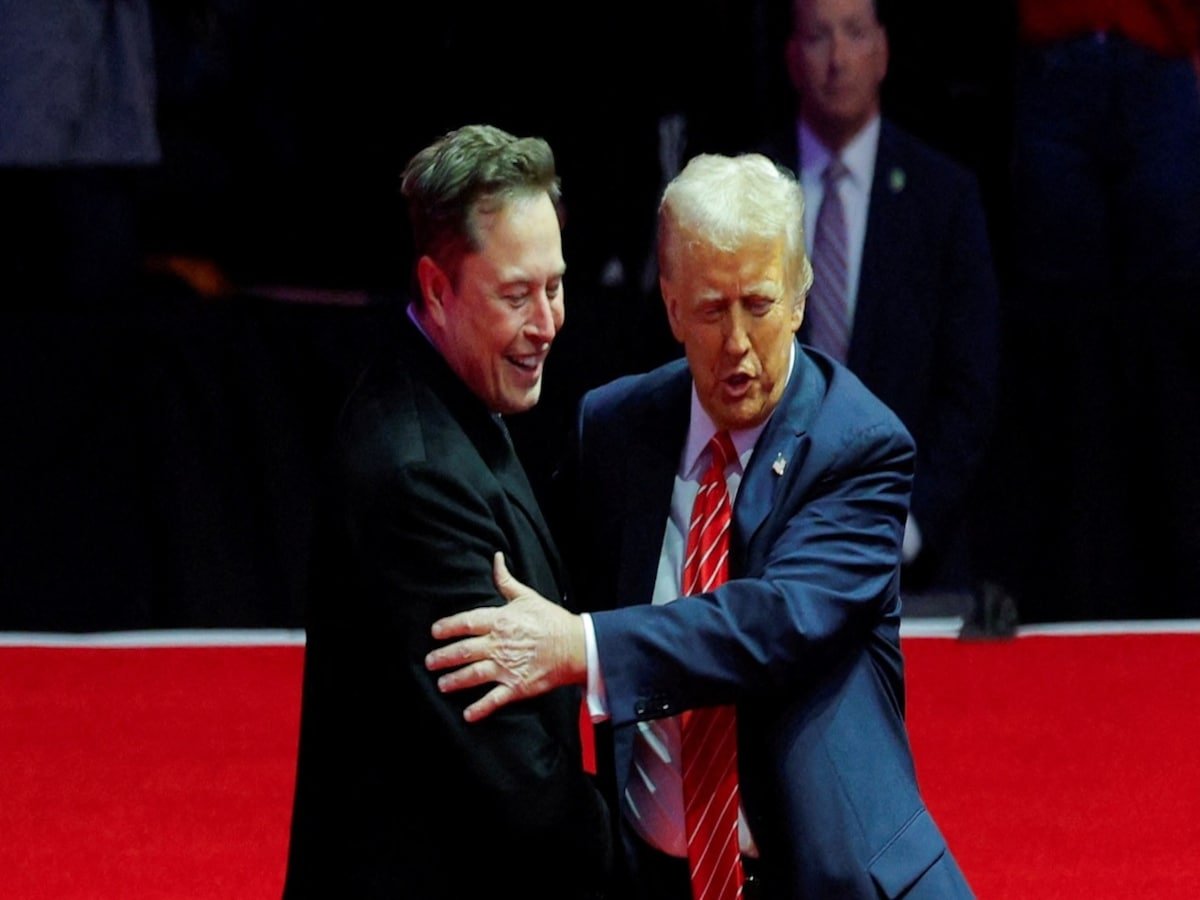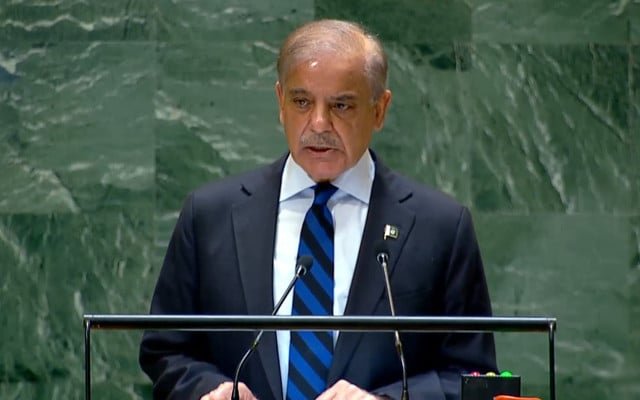In a stunning political shift, tech mogul Elon Musk has officially severed ties with former U.S. President Donald Trump, launching a new political movement—the “America Party.” Announced on his social platform X, Musk’s bold move signals a direct challenge to the century-old Republican-Democrat dominance and has the potential to dramatically reshape the American political landscape.
Musk’s declaration came just one day after he polled his followers about the appetite for a new political force. On Saturday, he made it official: “Today, the America Party is formed to give you back your freedom.” According to Musk, the response was overwhelming, with a 2-to-1 majority expressing support for a new party. The announcement instantly ignited debate across social and political circles.
The formation of the America Party comes amid escalating tensions between Musk and Trump, once close political allies. Their fallout centers around Trump’s recently passed tax and spending bill—hailed by Trump as a “big, beautiful” legislative victory. Musk, however, has described it as economically reckless, arguing it would “bankrupt the country” due to a projected $2.5 trillion deficit, up from what he already considered an “insane” $2 trillion under President Biden.
Musk didn’t hold back. In a public reply to a follower questioning his shift in loyalty, he bluntly stated: “Increasing the deficit from an already insane $2T under Biden to $2.5T. This will bankrupt the country.” The break has grown increasingly personal, with Musk sharply criticizing Trump’s economic decisions and threatening to target lawmakers who supported the bill.
Adding philosophical flair to his political debut, Musk compared his strategy to that of the ancient Greek general Epaminondas, who defeated the Spartans using concentrated tactical force. Musk posted: “The way we’re going to crack the uniparty system is by using a variant of how Epaminondas shattered the myth of Spartan invincibility at Leuctra: Extremely concentrated force at a precise location on the battlefield.”
So far, Trump has not issued an official response, and the White House has also remained silent. Behind the scenes, however, reports suggest growing unease within the Republican Party, with fears that internal fragmentation could damage their prospects in the 2026 midterm elections. Tensions are further inflamed by Trump’s warning that federal subsidies benefiting Musk’s companies, Tesla and SpaceX, could be cut if the feud intensifies.
The clash of these two titans—Trump, the political heavyweight, and Musk, the world’s richest man—has already impacted financial markets. Tesla’s stock, which previously soared after Trump’s re-election, has since tumbled to $315.35, reflecting investor anxiety about the growing political conflict and uncertainty over regulatory risks.
Despite these tremors, Musk appears undeterred. He has pledged to fund political campaigns aimed at unseating lawmakers who backed Trump’s controversial fiscal policy. His vision for the America Party is not merely symbolic; it represents an attempt to redefine conservatism, promote fiscal discipline, and break the perceived “uniparty” control of American politics.
Critics argue that breaking through the entrenched two-party system will be nearly impossible. For over 160 years, the Democratic and Republican parties have controlled America’s political narrative, ballot access, and electoral machinery. Third-party movements have historically struggled to gain traction beyond protest campaigns.
Still, Musk’s unparalleled resources, media influence, and loyal base give his initiative a level of credibility and visibility that most third-party efforts lack. Unlike traditional candidates, Musk is not beholden to donors or party structures—his independence could appeal to disillusioned voters across the ideological spectrum.
The creation of the America Party has reignited national conversations around fiscal responsibility, party loyalty, and the role of wealth in democracy. Supporters praise Musk’s efforts to shake up a stagnant system, while skeptics warn of billionaire overreach and political fragmentation. But even they admit: Musk is forcing the conversation to change.
This moment marks a significant turning point in the relationship between American capitalism and conservatism. Once allies under a shared vision of deregulation and innovation, Musk and Trump are now on opposing ends of a political battlefield—each with influence, each with loyal supporters, and each with much to lose.
As the dust settles on this dramatic political pivot, one thing is certain: Elon Musk’s America Party is not just a headline—it’s a bold attempt to rewire the DNA of American politics. Whether it succeeds or falters, it is already reshaping the debate and challenging the status quo in ways the country has not seen in decades.
















